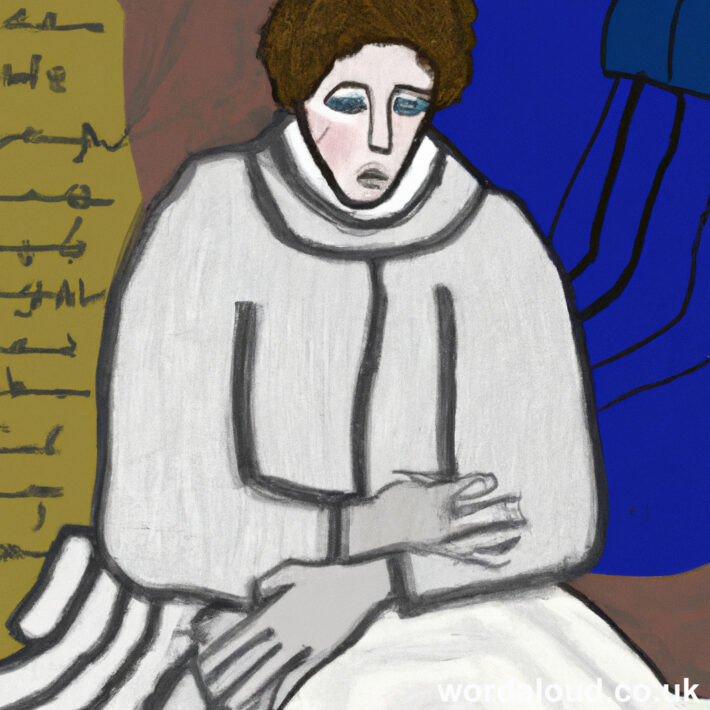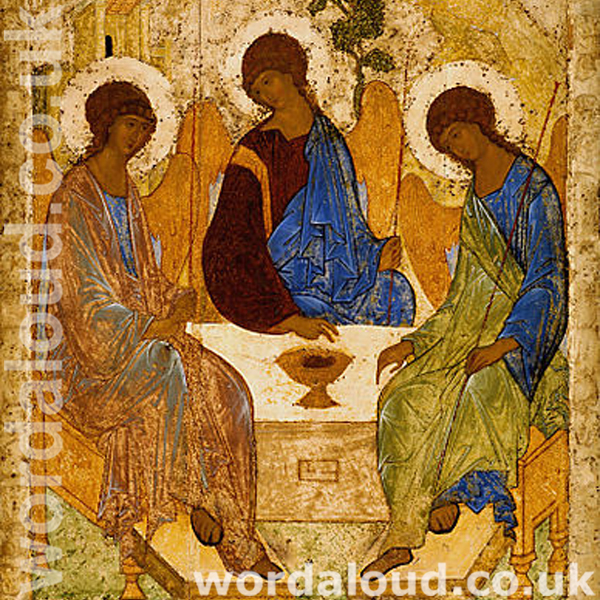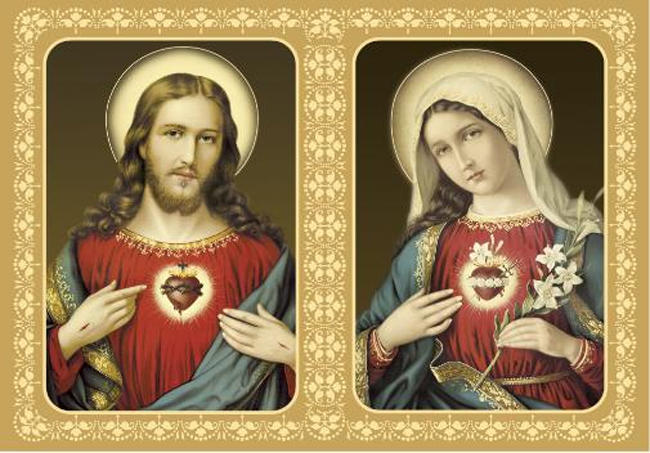Christian Art | Prayer With Jesus | The Psalms
Psalm 3 | King James Audio Bible
YouTube: Psalm 3 KJV | King James Audio Bible | Word Aloud | Psalms
Psalm 3 reads like a personal entry in a diary. The psalmist opens up about the challenges he’s facing and how he discovers resilience through his faith in God. The psalmist finds himself surrounded by difficulties and doubters. Yet, amidst it all, he senses a protective presence from the divine.
The psalm opens with the psalmist reflecting on the multitude of problems he’s encountering, as well as the hostility he perceives from others. It’s as if they’re telling him that God won’t offer any assistance.
However, a shift takes place. The psalmist begins to describe God as a shield, a guardian who provides security. He articulates the idea that God elevates his spirits and helps him confront fear head-on.
As the psalm continues, the psalmist shares his experience of seeking solace through prayer and the assurance that God is attentive to his petitions. He likens this comfort to the rejuvenation that follows a night’s sleep, all the while understanding that God’s support is unwavering.
Towards the psalm’s conclusion, the psalmist directs his supplications to God, asking for deliverance, and recognizing that genuine help stems from a divine source. The psalm closes with a word to pause and reflect.
Psalm 3 guides us through a transformational journey, from the burdens of adversity to the empowerment gained from unwavering faith. The psalm offers a reminder that even during the most challenging times, one can draw strength from a wellspring of courage and consolation – a strength rooted in the assurance of divine presence.

![]()
Psalm 3 | King James Audio Bible KJV
Lord, how are they increased that trouble me! Many are they that rise up against me.
Many there be which say of my soul, There is no help for him in God. Selah.
But thou, O Lord, art a shield for me; my glory, and the lifter up of mine head.
I cried unto the Lord with my voice, and he heard me out of his holy hill. Selah.
I laid me down and slept; I awaked; for the Lord sustained me.
I will not be afraid of ten thousands of people, that have set themselves against me round about.
Arise, O Lord; save me, O my God: for thou hast smitten all mine enemies upon the cheek bone; thou hast broken the teeth of the ungodly.
Salvation belongeth unto the Lord: thy blessing is upon thy people. Selah.

![]()
Key Themes Of The Psalm For Reflection | Love Revealed
- Facing Adversity: The psalmist begins by acknowledging the challenges and troubles he is experiencing, depicting a situation of adversity.
- Doubt and Opposition: There’s a sense of the psalmist being surrounded by doubters and those who are against him, suggesting a feeling of isolation and hostility.
- Divine Protection: Amidst the difficulties, the psalmist finds comfort in God as a shield, signifying a source of protection and security.
- Spiritual Strength: The psalm highlights how the psalmist’s relationship with God empowers him, lifting his spirits and dispelling fear.
- Prayer and Divine Listening: The act of crying out to God in prayer is significant, reflecting a belief in divine attentiveness and the comfort derived from this communication.
- Renewal and Sustenance: The imagery of sleep and awakening is used to convey a sense of rejuvenation and sustenance provided by God.
- Faith Amidst Challenges: The psalm exemplifies the idea of maintaining faith and trust in God even when faced with overwhelming circumstances.
- Divine Deliverance: The psalmist prays for salvation, acknowledging that genuine help comes from God.
- Reflective Pause: The psalm concludes with the idea of Selah, suggesting a moment of pause and contemplation.
- Personal Transformation: Overall, the psalm captures the journey of the psalmist from vulnerability and distress to a state of renewed strength and assurance through his relationship with God. It showcases the transformative power of faith in the face of challenges.

![]()








